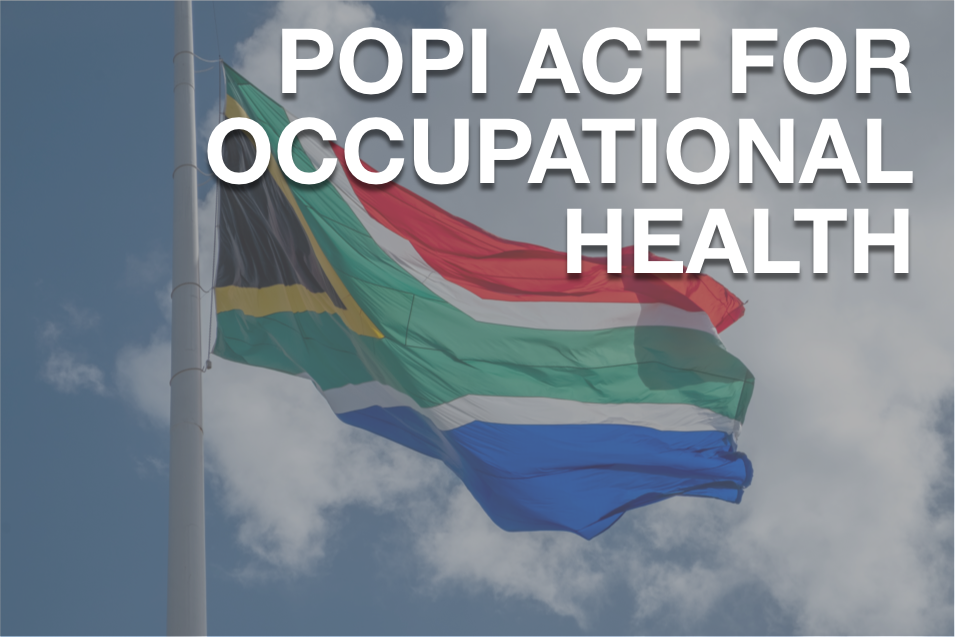Ensuring Worker Wellbeing: Key Legislation for Occupational Medicine in South Africa

Occupational medicine is a vital field dedicated to the health and safety of workers. Doctors specializing in this area work to prevent illness and injury, promote worker well-being, and ensure a safe work environment. Underpinning this practice is a complex web of legislation that defines the rights and responsibilities of employers, employees, and healthcare professionals.
This article provides an overview of some key South African statutes relevant to occupational medicine.
Core Legislation
- Occupational Health and Safety Act (Act 85 of 1993): This foundational act establishes the framework for workplace safety, requiring employers to provide a safe working environment and outlining worker rights and duties regarding health and safety.
- Compensation for Occupational Injuries and Diseases Act (Act 130 of 1993): This act governs the compensation system for work-related injuries and diseases, ensuring workers receive appropriate support.
- Basic Conditions of Employment Act (Act 75 of 1997): This act sets minimum workplace standards, including those related to working hours, leave, and the working environment, which can all impact worker health.
Worker Health and Wellbeing
- Health Professions Act (Act 56 of 1974): This act regulates the registration and practice of healthcare professionals, including occupational medicine specialists.
- National Health Act (Act 61 of 2003): This act establishes a framework for a national healthcare system, promoting preventative healthcare approaches that benefit worker health.
- Mental Health Act (Act 17 of 2002): This act addresses mental health in the workplace by outlining protections for workers and promoting a supportive environment.
Specific Industry Regulations
- Mine Health and Safety Act (Act 29 of 1996): This act addresses the unique safety hazards faced by mineworkers.
- Civil Aviation Act (Act 13 of 2009): This act ensures safety standards within the aviation industry, protecting the health of pilots, cabin crew, and ground staff.
- Merchant Shipping Act (Act 57 of 1951) & Merchant Shipping Act Regulations 2004: These regulations address the health and safety of maritime workers.
Additional Considerations
- Employment Equity Act (Act 55 of 1998): This act promotes equal opportunities in the workplace, ensuring a safe and healthy environment for all workers.
- Labor Relations Act (Act 66 of 1995): This act establishes a framework for collective bargaining and dispute resolution, which can play a role in ensuring worker safety is addressed.
This list is not exhaustive, and occupational medicine professionals should stay informed of all relevant legislation. However, it provides a starting point for understanding the legal framework that supports the practice of occupational medicine in South Africa. By working within this framework, occupational medicine practitioners can play a critical role in safeguarding worker health and promoting safe and healthy workplaces.
Recommended articles
How Tealio can empower your organization?
Enable teams to optimize onboarding procedures, shift towards digital record-keeping, effortlessly create medical certificates, and take proactive measures to manage risks, all while maintaining smooth and efficient operations.
Learn MoreWe use performance and analytics cookies to optimize your experience on our website and services. By clicking ”Allow Cookies”, you consent to our use of cookies as described in our Cookie Policy. See our Cookie Policy.





